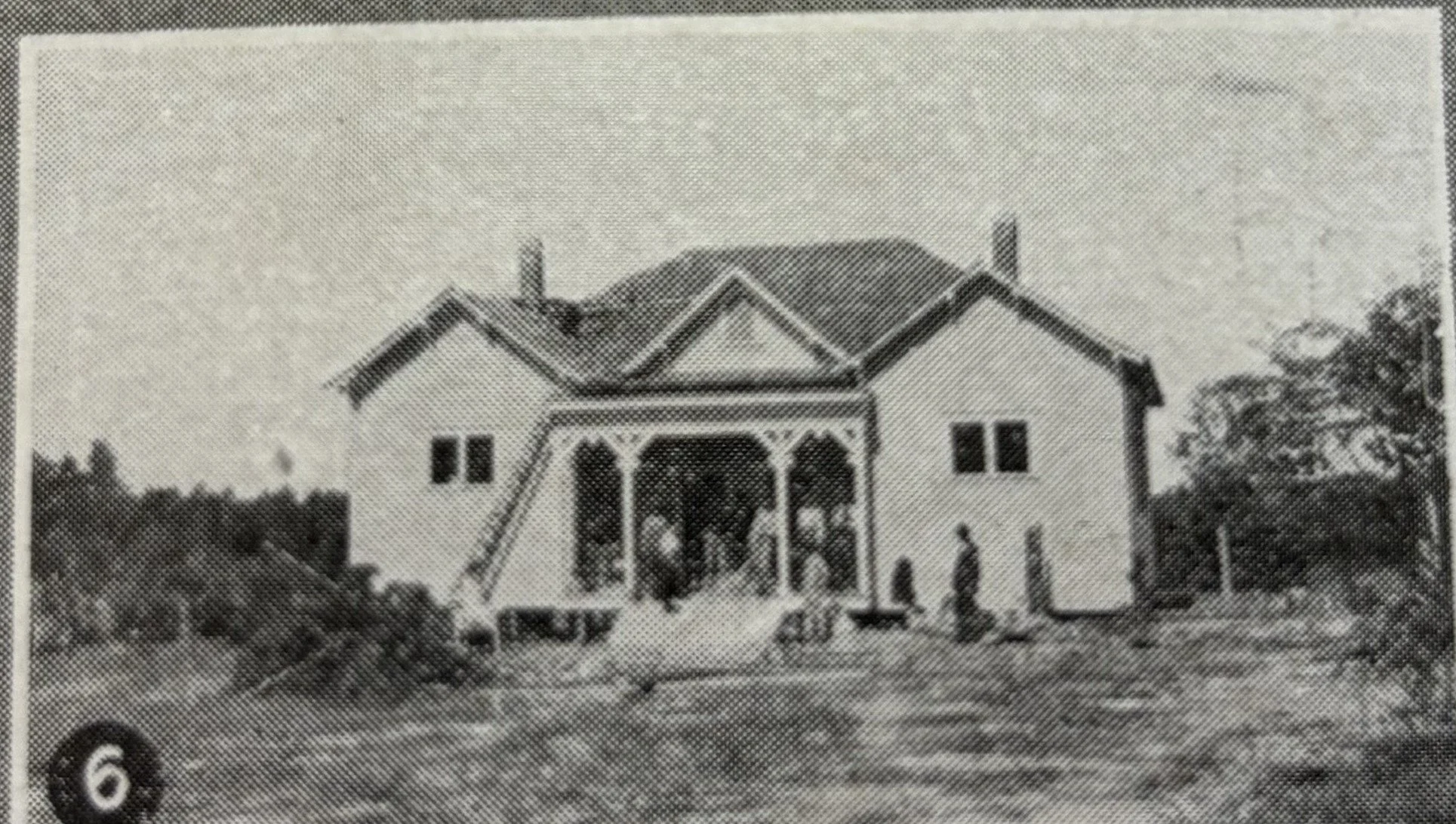Oak Grove School, 1916 and 1927
Oak Grove School of DeKalb County is included in the 1916 book, “Educational Surveys of DeKalb County and Union County, Georgia.” Each school has a photo and a general description of the school grounds, building and teachers (or teacher).
Chamblee and Wiley (Wylie) School, 1916 DeKalb school surveys
Another DeKalb County school described in the book is Wiley. Since I was not familiar with Wiley School, I started out by researching the location only to discover I had written about this school before, but under the spelling Wylie.
Revolutionary War veterans in DeKalb County
According to “The History of DeKalb County: 1822-1900” by Vivian Price, twenty-one veterans of the Revolutionary War lived their last days and are buried in DeKalb County, including portions of DeKalb that later became Fulton County. Here is a brief history of a few of those soldiers.
Redan and Shady Grove Schools 1916
Redan School and Shady Grove Schools are included in the 1916 book, “Educational Surveys of DeKalb County and Union County, Georgia.” I am slowly working my way through the schools in this book.
More DeKalb County schools in survey conducted 1916: Rehoboth and Montreal
The survey book describes Rehoboth School as being a new $2,000 building on one acre, with a few trees and an “ample playground”.
DeKalb County Schools survey 1916, Doraville and Tucker
I recently came across a book online titled “Educational Surveys of DeKalb and Union County Georgia,” dated 1916. It includes photos and short descriptions of all the DeKalb County Schools at the time. I was glad to discover the DeKalb History Center had a copy of the book and went to see it in their archives.
I-285 completed 1969, part of GA 400 opens in 1971
7.4 miles of I-285 on the east side of Atlanta opened in 1968. The entire 64 mile circumferential highway was completed October 15, 1969, according to the Georgia Department of Transportation.
The women of the early DeKalb County library
The Decatur Library was first established in 1925 in the Decatur Bank & Trust Company Building. Later it operated in City Hall. Maud Burrus was one of the women who served as a part time Decatur librarian during that time until 1930 when she became full-time librarian.
Tuggle airfield in Decatur
Manget tells some history of Camp Gordon and Naval Air Station Atlanta as well as aviation history for DeKalb County. He explains that at one time DeKalb County had three airports, Gunn Airfield, DeKalb Peachtree, and Stone Mountain



